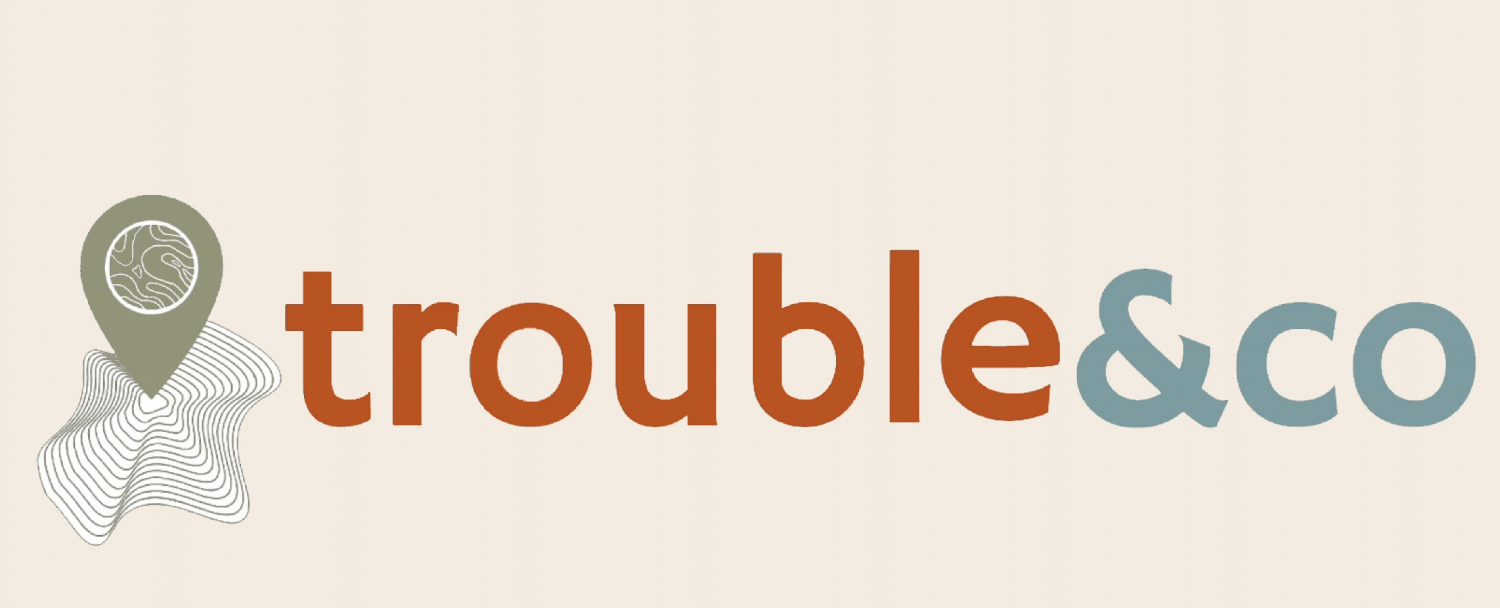Diversifying STEM and equipping the next generation of trouble-makers with socially-conscious geospatial education.
Impact
0
Workshop Participants
0
Mapping Justice Alumni
0
Students, Teachers & Practitioners Impacted
Students Before & After
Mapping Justice
Data was derived from a retroactive post-program survey given to 2024 program participants. Students rated their comfort level with a series of skills, on a scale of 1 to 10.
Alumni Spotlight
Studying mechanical engineering in pursuit of abolition at Columbia, supporting trubel&co’s community building strategy as a Mapping Justice intern.
Raquel Conard, Mapping Justice Alumni
Our Impact on Students












